In Causes of Acne, the unwelcome guest that often makes an appearance at the most inconvenient times, has plagued countless individuals across the globe. While its presence can be frustrating, understanding its underlying causes is the first step towards effectively managing and preventing breakouts. In this article, we delve into the common culprits behind acne, shedding light on the factors that contribute to its development.
1. Excess Sebum Production:
Sebaceous glands, responsible for producing sebum (skin’s natural oil), play a crucial role in maintaining skin’s hydration. However, when these glands go into overdrive, producing excess sebum, it can mix with dead skin cells and clog pores. This forms a breeding ground for bacteria, leading to inflammation, redness, and the characteristic appearance of pimples.
2. Harmonal Fluctuations:
Hormones, particularly androgens, can wreak havoc on the skin. During puberty, menstruation, or conditions like polycystic ovarian syndrome (PCOS), hormonal fluctuations stimulate sebaceous glands and trigger increased sebum production. This hormonal interplay also prompts skin cells to shed more rapidly, further contributing to pore blockages.
3. Bacterial Presence:
Acne-causing bacteria, primarily Propionibacterium acnes, thrive in clogged pores and feed off the trapped sebum. As these bacteria multiply, they trigger an immune response, leading to inflammation and the formation of painful, pus-filled cysts and nodules.
4. Inflammatory Diet:
A diet rich in processed foods, sugary treats, and unhealthy fats may exacerbate acne. Such foods cause spikes in insulin levels, which can lead to increased androgen production and, subsequently, higher sebum production. Additionally, diets lacking in essential nutrients like zinc, vitamin A, and omega-3 fatty acids can hinder skin’s healing processes.
5. Genetics:
While not entirely within our control, genetic predisposition to acne plays a role. If your parents or close relatives have had acne, you might be more prone to developing it yourself. Genetic factors influence how your skin produces oil, manages inflammation, and responds to hormones.
6. Environmental Factors:
Exposure to pollutants, humidity, and certain skincare products can aggravate acne. Pollutants can clog pores and increase inflammation, while humid conditions may cause excess sweating and sebum production. Moreover, using heavy, pore-clogging cosmetics or skincare products can worsen existing acne or trigger new breakouts.
7. Stress:
Stress doesn’t just take a toll on your mental health; it can also affect your skin. Stress triggers the release of hormones like cortisol, which, when elevated, can lead to increased sebum production and inflammation. This sets the stage for acne flare-ups.







